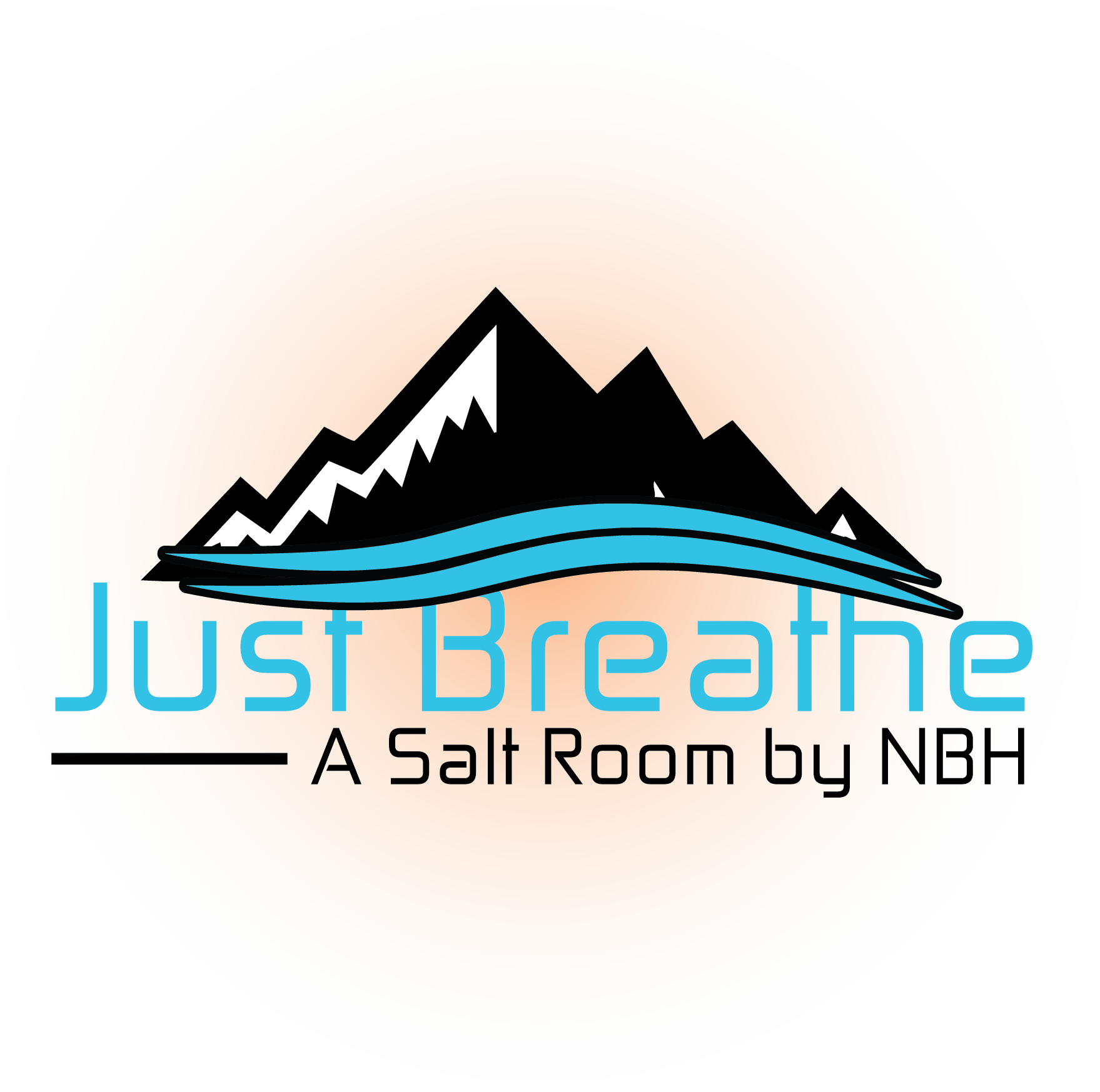Are all medications bad? No! Used short-term, they may offer triage to help the body heal while the root cause of what is happening is addressed.
However, it is important to understand how your medication works and why it is important to get to the root of the issue as quickly as possible. Statins for heart conditions, metformin used to treat diabetics, and beta-blockers, also for heart conditions, all interfere with CoQ10 levels. CoQ10 is a vital part of a biochemical reaction in the cells that makes ATP which is the chemical that provides us with energy. If you are on these medications too long, you will eventually feel weak and tired. Often time, patients are given a medication on top of the old to address side effects caused by the depletion of vitamins and minerals that resulted from the first medication.
One of the most commonly prescribed medications for anxiety and depression are Prozac and Zoloft. These medications fall into a category called Selective Serotonin Reuptake Inhibitors or SSRI’s.
Serotonin is an amino acid that is important for pain perception. When in balance it also allows us to control food cravings and helps us feel satisfied after a meal. It is also the pre-cursor to melatonin which is an amino acid that helps us to sleep. So, when serotonin is insufficient we struggle with pain, metabolism and sleep.
An SSRI works by blocking the reabsorption of serotonin in the brain. That allows the serotonin to be recirculated so the body is “tricked” into thinking that it has more serotonin than it does. The production of serotonin shuts down rapidly and eventually there is little to none left and the body does not think that it needs to create more.
SSRI’s lead to changes in the brain function and, should you decide to withdraw from one, should be done very gradually and under a physician’s guidance. Side effects from the medication and the withdrawals include anxiety, nervousness, sleep trouble, diarrhea or constipation, and low libido.
Serotonin is formed from tryptophan which is an amino acid, iron, folate, and vitamin B6. One of the reasons that people suffer from serotonin deficiency, which leads to anxiety and depression, are low stomach acid which may be caused by age, medication such as proton pump inhibitors, or stress. People may have a perfectly healthy diet but not absorb the nutrients into their cells. If the nutrients do not make it into the cells, they can’t do their job. Some people have been on a low fat diet for decades and because of this do not have cell membranes that allow the nutrients into the cells and toxins out as fat is necessary to create healthy cell walls.
Many people find relief from anxiety and depression by making changes to their diet and adding in supplementation. In today’s world, even fruits and vegetables do not have the nutrient content that they did even 50 years ago. Some foods that help boost serotonin levels are salmon, poultry such as chicken and turkey, fried eggs cooked in a little fat such as coconut oil, nuts, seeds, and organic soy. Supplementation that may help you find relief include iron, folate, a vitamin B complex, and tryptophan.
As Dr. Mark Hyman says, “Depression is not a Prozac deficiency.” Depression is almost always a nutritional deficiency which a good functional medicine health coach can help you resolve.
- The Anti-Depressant Fact Book: What Your Doctor Won’t Tell You About Prozac, Zoloft, Paxil, Celex, and Luvox by Dr. Peter Breggin: De Capo Lifelong Books, July 2012.
- “Why Antidepressants Don’t Work for Treating Depression.” Dr. Mark Hyman, 19 May 2010, drhyman.com/blog/2010/05/19/why-antidepressants-dont-work-for-treating-depression/.

